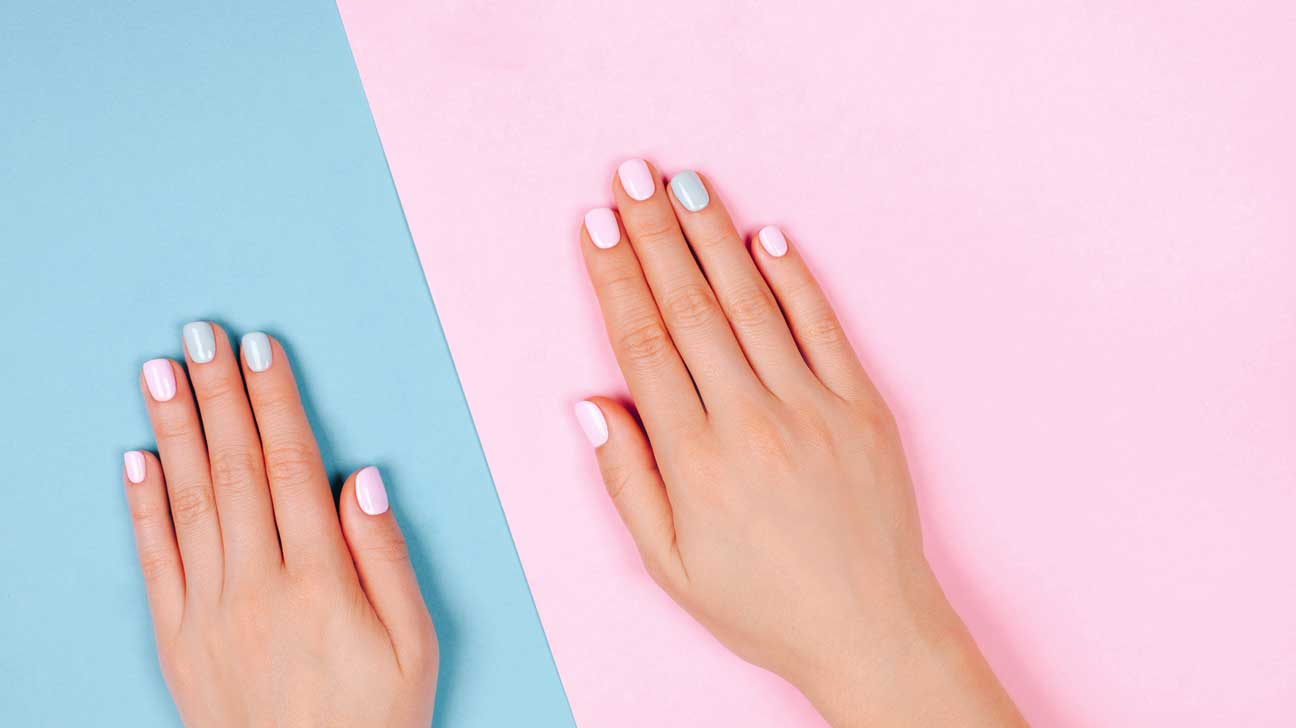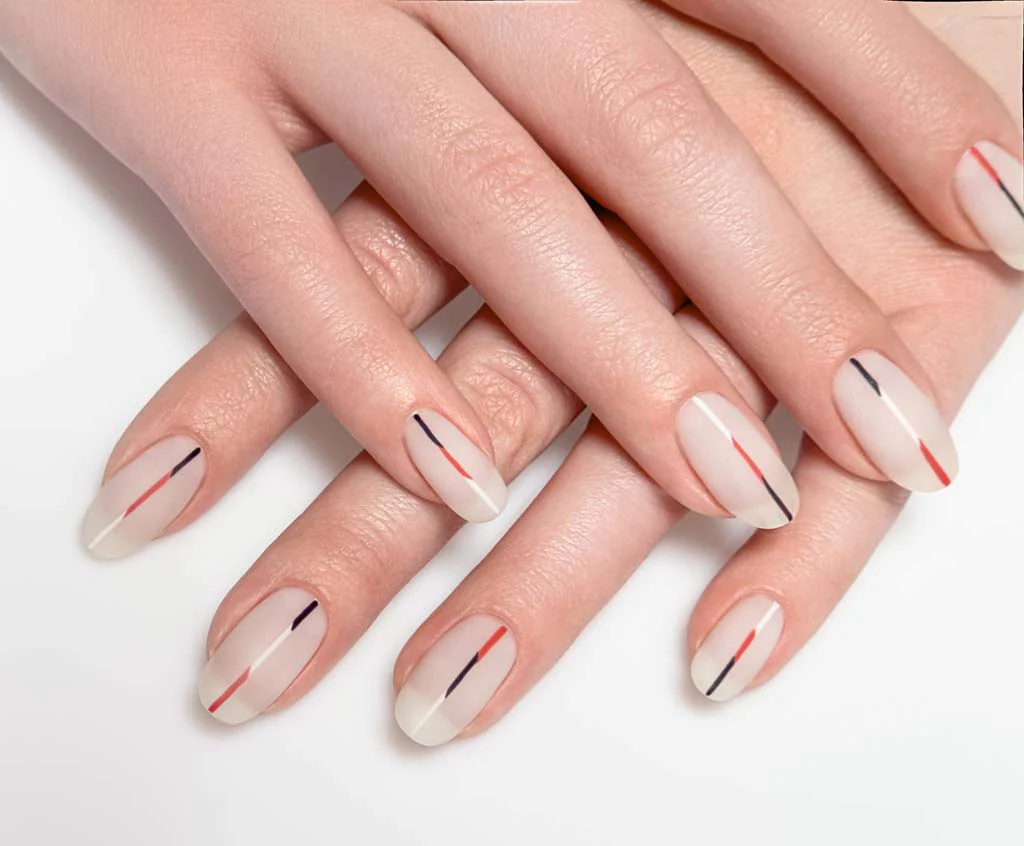Introduction
Nail health is often overlooked, but it plays a significant role in overall well-being. Our nails are not just for decoration or protection, but they also tell a story about our general health. Certain vitamins and minerals are particularly beneficial for keeping our nails healthy and strong. This article will delve deeper into the essential vitamins and minerals required for maintaining healthy nails and provide some insight into how they work in our bodies.
Biotin
Biotin, also known as vitamin B7, is one of the most important nutrients for nail health. This water-soluble vitamin is part of the B complex group and plays a key role in maintaining the health of our hair, skin, and nails. Biotin helps to strengthen the keratin structure of the nails, which is the primary protein that makes up our hair, skin, and nails. By doing so, biotin makes nails less prone to splitting and peeling. Studies have shown that a lack of biotin can lead to brittle nails, and supplementation can improve nail strength and reduce nail splitting.
Vitamin A
Vitamin A, a fat-soluble vitamin, is essential for the body to process proteins, which are crucial for nail growth. It assists in the production of keratin and also promotes healthy skin, which in turn provides a healthy environment for nail growth. Without enough vitamin A, your nails may become thin and brittle. This is because vitamin A deficiency affects the body’s ability to metabolize protein effectively.
Zinc
Zinc is a mineral that plays a crucial role in cell growth and division, both of which are essential processes for nail growth. This trace mineral is key for the function of several enzymes that promote protein synthesis and contribute to the structural integrity of the nail. Without enough zinc, nail growth can be stunted and nails can develop white spots, which is a common sign of zinc deficiency.
Iron
Iron is vital for the production of red blood cells, which carry oxygen to all parts of the body, including the nail beds. Iron is involved in the process of cell division and is crucial for nail growth. An iron deficiency can lead to pale, brittle nails. In severe cases, it can cause koilonychias, a condition where nails become thin and concave with raised edges.
Magnesium
Magnesium aids the body’s absorption of calcium, which is crucial for healthy nails. This mineral helps to regulate diverse biochemical reactions in the body, including protein synthesis, muscle and nerve function, and blood glucose control. A lack of magnesium can lead to vertical ridges in the nails, which is often an early sign of magnesium deficiency.
Vitamin E
Vitamin E is a powerful antioxidant that can help to repair and prevent oxidative damage. It also promotes healthy skin and nails by providing nourishment and aiding in the natural repair process. Applying vitamin E oil to the nails can help to nourish and strengthen them. Moreover, it can improve blood circulation, promoting healthier and stronger nails.
Vitamin C
Vitamin C is crucial for the production of collagen, a protein that gives structure to our nails. This vitamin aids in the formation of collagen in the body, which is important for healthy skin, hair, and nails. A deficiency in vitamin C can lead to slow nail growth and hangnails, as well as other health problems such as weakened immunity.
Conclusion
While diet plays a significant role in nail health, it’s also important to remember that good nail care practices, such as keeping nails clean and trimmed, contribute to overall nail health. Regular moisturizing and avoiding nail-biting can also help in maintaining strong and healthy nails. However, if you’re consistently eating a balanced diet and practicing good nail care but still experiencing nail problems, it may be worth consulting a healthcare professional to rule out any underlying health issues. Remember, your nails are a reflection of your overall health, and taking care of them is an essential part of self-care.



